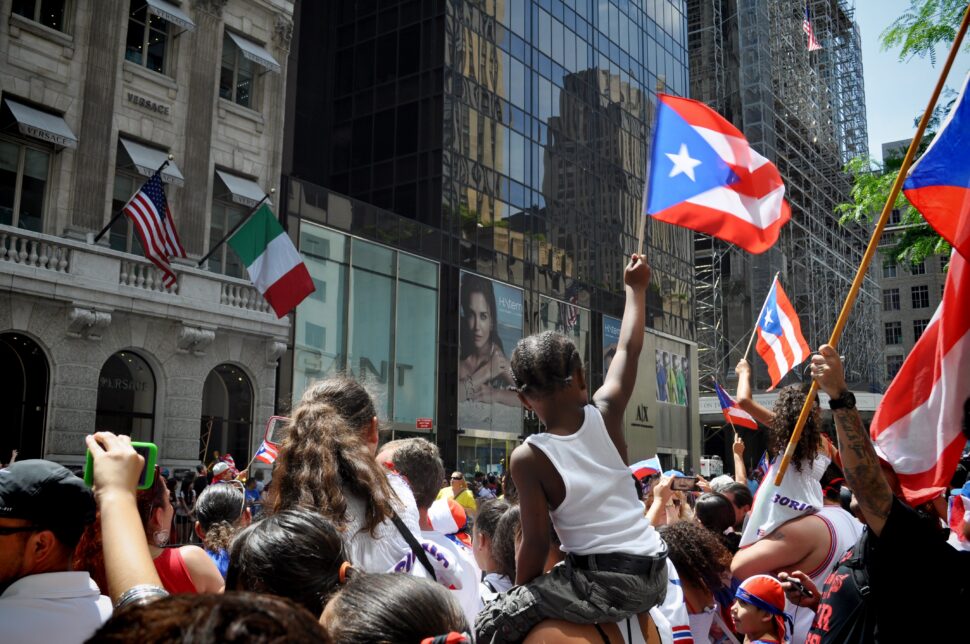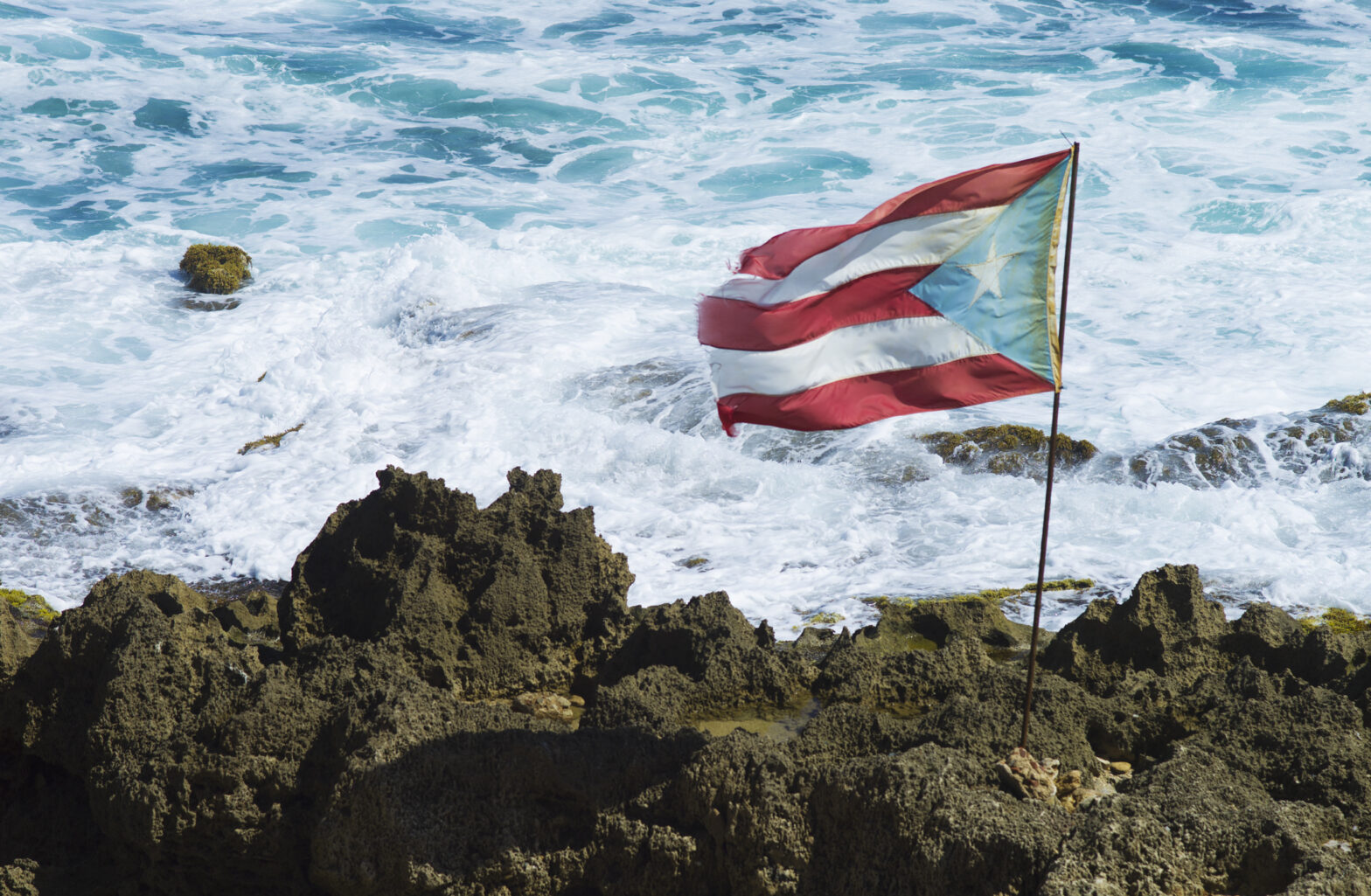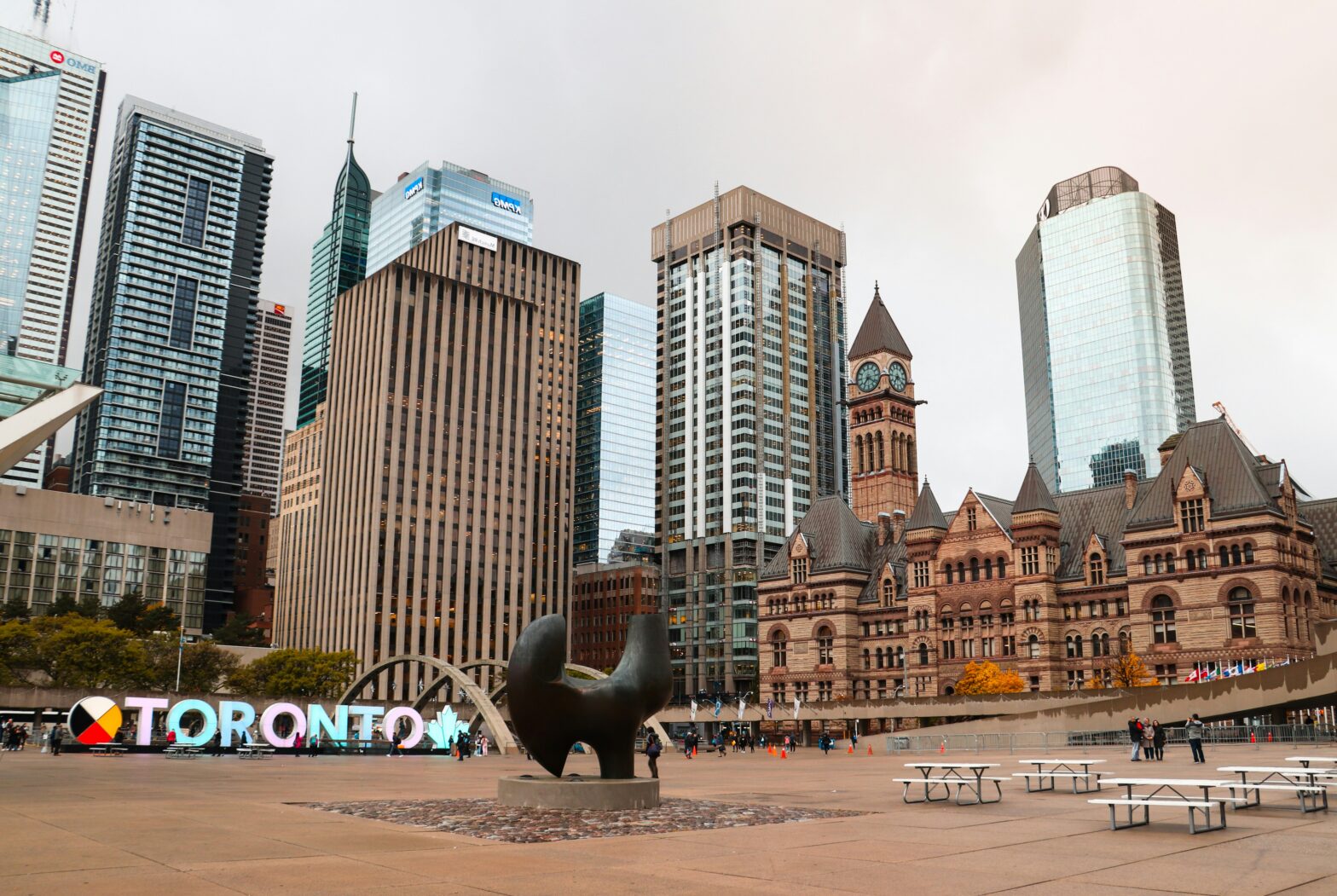In a series of recent incidents, individuals faced discrimination and mistreatment while traveling within different parts of the United States. These incidents included being denied prepaid car rentals, barred from purchasing drinks at a grocery store and even prevented from boarding flights. Shockingly, these individuals were all American citizens hailing from Puerto Rico, a territory that has been part of the United States since 1917. These incidents serve as a painful reminder of the prejudice faced by people from the predominantly Spanish-speaking island, as well as Spanish speakers in general, within the U.S.
One such incident involved Hertz, which faced backlash after refusing to provide a rental car to a Puerto Rican customer. Blanca Anderson, a retired college professor specializing in Puerto Rican identity, suggests that the root of the problem lies in the failure of many Americans to acknowledge the historical context of Puerto Rico’s relationship with the U.S. The U.S. gained control of the island through invasion during the Spanish-American war in 1898. Following World War I, a law granting Puerto Ricans U.S. citizenship was enacted, but the island remains a commonwealth and has not achieved statehood.
Over time, these historical facts have been forgotten, leading many Americans to view Spanish-speaking Puerto Ricans as indistinguishable from Latinos with roots in other foreign countries south of the border.
“It’s ignorance—they don’t know their history,” Anderson told The Guardian. She retired to North Carolina after teaching at Loyola University in New Orleans, where she experienced firsthand the price Puerto Ricans pay for preserving their distinct cultural identity.

One incident that left a lasting impact on Anderson occurred when she tried to register to vote in Boston. Despite being a local resident originally from Puerto Rico, the clerk refused her registration because of her Puerto Rican background. This incident solidified her realization that Puerto Rico is treated as a colony, despite the discomfort associated with using that term. Anderson states, “You can’t call it a colony because we don’t like that word now. But it’s a colony—a spoil of war.”
Given this context, it comes as no surprise when incidents like the one at the Hertz desk in New Orleans occur. Humberto Marchand, a retired federal probation officer, was denied a prepaid rental car despite having a valid Puerto Rican driver’s license. The clerk insisted on a passport, treating Marchand as a foreigner. Marchand’s experience went viral, and similar incidents involving Avis, Spirit Airlines, and Kroger were brought to light.
Apologies were issued by Hertz, Avis, Spirit, and Kroger, with promises to retrain their employees on policies that treat valid Puerto Rican licenses the same as those from other parts of the U.S. However, these incidents reflect a broader issue that Puerto Ricans face throughout the mainland U.S. Marchand observes that nearly everyone he knows from Puerto Rico has encountered similar encounters, where they are mistaken for foreigners and subjected to discrimination. He believes that the use of Spanish language and accents often triggers such mistreatment.
CBS News correspondent David Begnaud, who has been instrumental in shedding light on Puerto Rico’s neglected federal response after Hurricane Maria, played a crucial role in bringing attention to these incidents. Begnaud used his social media platforms to report on the experiences of Marchand and others, prompting media outlets to take notice.
Begnaud considers these incidents emblematic of second-class treatment endured by Puerto Ricans.
“To me, this is emblematic of being treated like a second-class citizen. And this is proof. This is proof,” he told The Guardian.
The recent case of a Shane jewelry store clerk in California refusing to sell an engagement ring to a Puerto Rican with a valid driver’s license further highlights the ongoing discrimination. As these incidents continue to surface, it is crucial to acknowledge the persistent mistreatment of Puerto Ricans and address the underlying prejudice.





